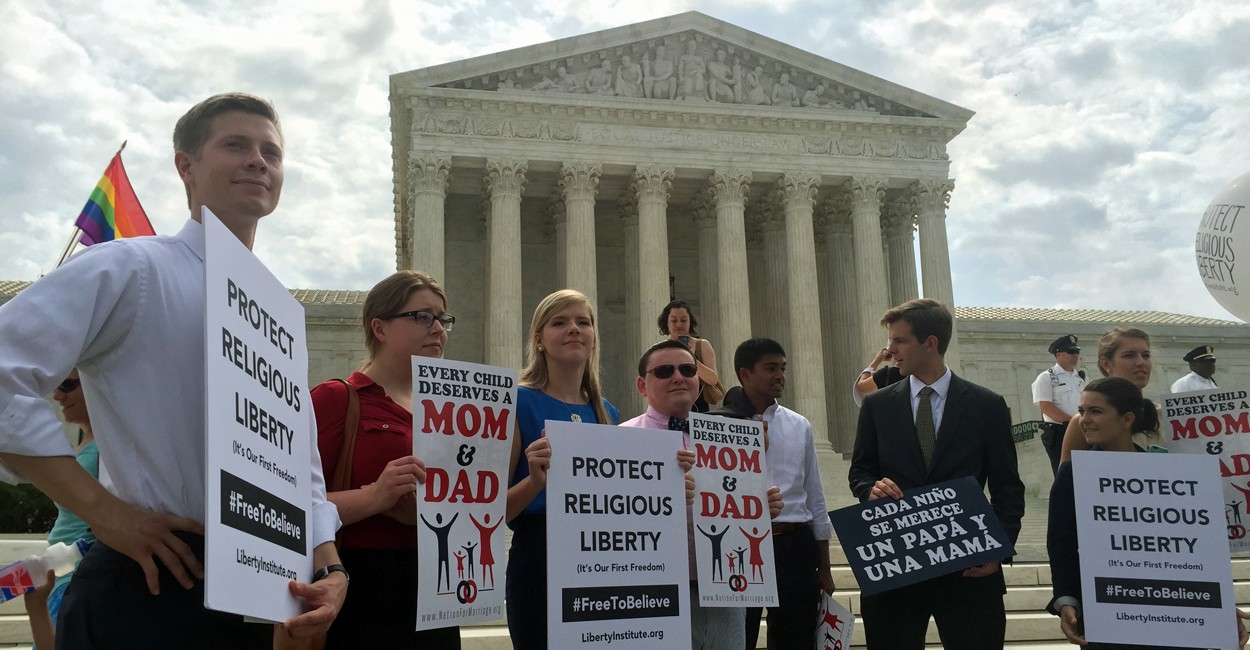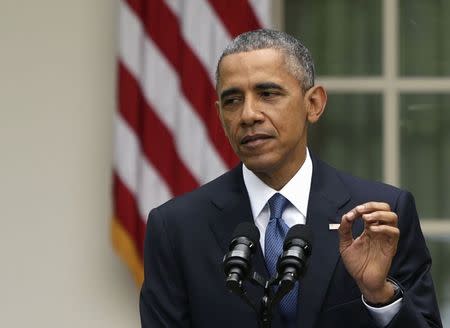While watching the series of special reports on television news during the last week of June as Supreme Court rulings were announced, I turned to my daughter and said, "Pay close attention to what is happening. This is a week that will be remembered for generations to come."
Only once or twice in a lifetime can we expect to witness a decision of historic significance. To witness several major rulings within a short period of time, so different in their focus but extremely important regarding the future of our nation, is very unusual.
Confederate flag
While not a ruling by the Supreme Court, the decision by Gov. Nikki Haley to request removal of the Confederate flag flying on state grounds in South Carolina has had an impact nationwide. For millions of Americans, and many citizens of other nations, the Confederate flag is a relic of a sorrowful and unfortunate past. To them it represents rebellion against our Union, terrorism, and officially sanctioned oppression of a massive number of individuals for promotion of the false narratives of racial superiority and segregation.
Personally, I would be in favor of banning the display of the Confederate flag on any property, public or private, due to its perverse symbolism. However, I understand that would be disagreeable to many and adverse to the American premise that freedom of speech and expression is a right. Accordingly, in America, an individual is free to privately fly or stick the Confederate flag anywhere they please on their person or private property, and we are free to surmise what displaying that flag represents regarding the individual's character.
Affordable Care Act
With the Affordable Care Act, federal subsidies to the poor were upheld as constitutional in a 6-3 decision. Chief Justice John Roberts was joined in the majority opinion by Justices Ruth Bader Ginsberg, Stephen G. Breyer, Sonia Sotomayor, Anthony Kennedy and Elena Kagan.
In a case which exemplifies the notion of the impact of unintended consequences, the Supreme Court ruled tax credits which make medical insurance affordable for low and moderate income families are allowable nationwide. The case, King vs. Burwell, establishes the intent of Congress to provide subsidies for health care by the state or the federal governments. If the ruling had denied the ability of the federal government to provide tax credits or subsidies, millions of individuals previously receiving health care purchased through exchanges would have experienced drastic increases in premium costs which, in turn, would have made medical insurance prohibitively high. Many of these individuals would have lost their health care rendering the ACA ineffective. For them, the only hope would be for the states which decided to not establish their own exchanges did so, as states, "under a death spiral scenario so coercive as to be unconstitutional."
In the majority opinion, Roberts wrote, "Congress passed the Affordable Care Act to improve health insurance markets, not to destroy them. If at all possible, we must interpret the Act in a way that is consistent with the former, and avoids the latter."
With those two simple sentences a key part of the ACA intended to extend health care to millions of Americans who probably would not be insured, was established as law.
Fair housing
Texas Department of Community Affairs vs. Inclusive Communities Project upheld claims of disparate impact as a measure of fair housing practices by a 5-4 decision. Justices Kennedy, Sotomayor, Ginsberg, Breyer and Kagan were in the majority.
For civil rights and fair housing advocates this ruling is critical because it reaffirms the notion that "intent" to racially discriminate need not be proven, only a negative impact to the goals of the Fair Housing Act must be demonstrated to exist. This ruling upheld the constitutional legitimacy of one of the most powerful tools used by advocates to promote housing desegregation, equal access to services, and diverse communities within the nation.





 ...
...




